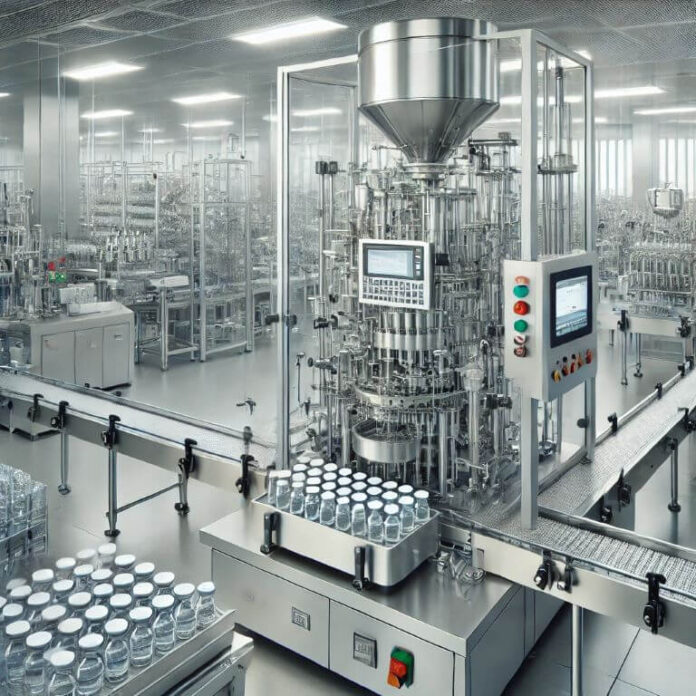In the fast-paced world of manufacturing, filling machines play a pivotal role, especially in the beverage industry. These machines are designed to efficiently fill containers with liquids, ensuring precision and speed in production lines. As consumer demand for beverages continues to grow, the need for advanced filling technology becomes increasingly critical. Filling machines not only enhance productivity but also maintain the quality and consistency of the products. This article delves into the significance of filling machines in the beverage industry, exploring their types, benefits, and the technological advancements that are shaping their future.
The Role of Filling Machines in the Beverage Industry
The beverage industry is one of the most dynamic sectors, characterized by a wide variety of products ranging from carbonated drinks to juices, water, and alcoholic beverages. Each of these products requires specific filling techniques to preserve their unique properties. Filling machines are integral to this process, as they ensure that each bottle or can is filled to the exact specifications, minimizing waste and maximizing efficiency.
There are several types of filling machines used in the beverage industry, each tailored to handle different types of liquids and packaging. For instance, gravity fillers are ideal for thin, free-flowing liquids, while piston fillers are used for thicker, more viscous products. The choice of filling machine depends on the nature of the beverage, the type of container, and the desired production speed.
One of the key advantages of using a filling machine is its ability to maintain hygiene standards. In the beverage industry, maintaining cleanliness is paramount to prevent contamination and ensure consumer safety. Modern filling machines are designed with features that facilitate easy cleaning and sterilization, thus adhering to stringent health regulations.
Technological Advancements in Filling Machines
As technology continues to evolve, so do filling machines. The integration of automation and digital technologies has transformed these machines into sophisticated systems capable of performing complex tasks with minimal human intervention. Automation not only increases the speed and accuracy of the filling process but also reduces labor costs and minimizes human error.
Advanced filling machines are equipped with sensors and control systems that monitor the filling process in real-time. These systems can detect anomalies such as underfilling or overfilling and make immediate adjustments to ensure consistency. Additionally, the use of IoT (Internet of Things) technology allows for remote monitoring and control, enabling manufacturers to optimize their operations from anywhere in the world.
Companies like STM Pack are at the forefront of these technological advancements, offering state-of-the-art filling machines that cater to the diverse needs of the beverage industry. Their machines are designed to be versatile, accommodating various types of containers and filling requirements, thus providing manufacturers with the flexibility they need to stay competitive.
The Future of Filling Machines in the Beverage Industry
The future of filling machines in the beverage industry looks promising, with ongoing innovations aimed at enhancing efficiency, sustainability, and customization. As environmental concerns continue to rise, there is a growing emphasis on developing eco-friendly filling solutions that minimize waste and reduce energy consumption.
One of the emerging trends is the use of sustainable materials in the construction of filling machines. Manufacturers are exploring the use of biodegradable and recyclable materials to reduce the environmental impact of their operations. Additionally, there is a push towards developing machines that can handle alternative packaging solutions, such as biodegradable bottles and cans.
Customization is another area where filling machines are expected to make significant strides. As consumer preferences become more diverse, manufacturers need machines that can quickly adapt to different product lines and packaging formats. Future filling machines will likely feature modular designs that allow for easy reconfiguration, enabling manufacturers to switch between different products with minimal downtime.
In conclusion, filling machines are an indispensable component of the beverage industry, driving efficiency and innovation. As technology continues to advance, these machines will become even more integral to the production process, offering manufacturers the tools they need to meet the demands of a rapidly changing market. By embracing these advancements, the beverage industry can look forward to a future of enhanced productivity, sustainability, and consumer satisfaction.
